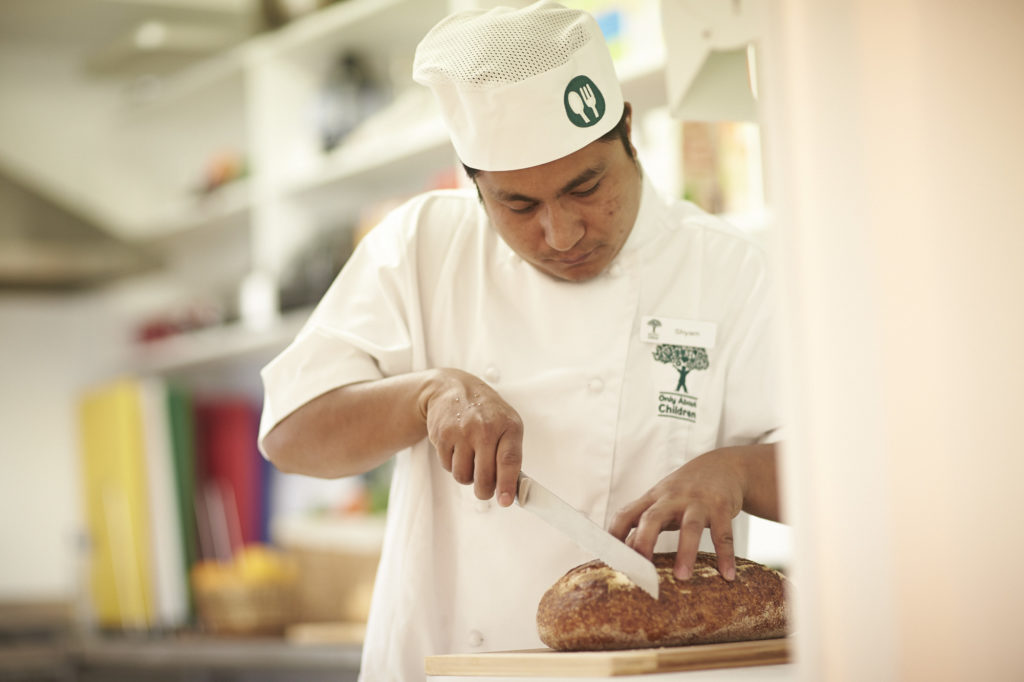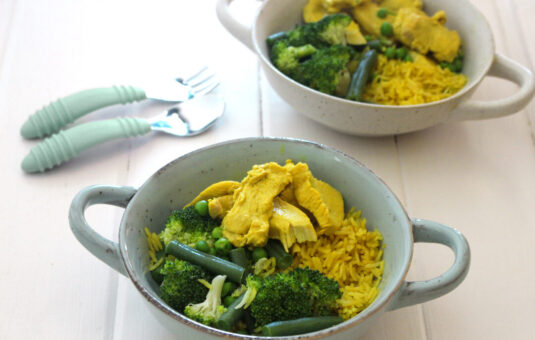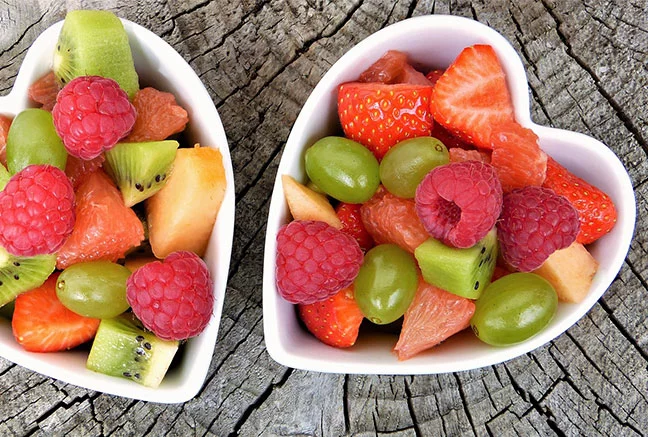Brain Boosting Foods for Children


Below are are 6 favourite Brain Boosting foods, and ways that you can include these foods in your child’s diet:
1. Eggs as Brain Boosting Foods
Eggs contain choline, a vitamin that plays an integral role in the creation of memory cells within the brain. Just one egg yolk is enough for children to meet their daily choline requirements up until the age of eight years. Eggs are also high in protein, iron, folate and Vitamin A which are important for the growth, repair and development of brain cells. Here are some delicious serving suggestions to introduce eggs into your child’s diet:
- Hard-boiled eggs with wholegrain toast soldiers
- Scrambled eggs
- Egg and veggie muffins
2. Fish
Healthy fats, such as those found in certain types of fish, are essential in the diet of young children. This is because they are needed for neurological development and brain function. Specifically, omega 3 fatty acids are key building block components needed for cell growth. Certain types of omega 3 fats are the most abundant fat found in the brain. Some studies have shown they may help manage behavioural problems due to their role in neurotransmitter function. This is why fish is often referred to as a brain food, and why it’s another of the great options to add to your ‘brain boosting foods’ kit.
Oily fish, such as salmon, is a great source of omega 3 fat. Try to introduce fish into your child’s diet at least twice per week. Some ideas to get you started include:
- Homemade salmon fish fingers coated with wholemeal breadcrumbs
- Salmon rissoles using tinned salmon with grated veggies such as carrot and zucchini
- Salmon sandwich fingers with lettuce and reduced fat mayonnaise

3. Wholegrains as Brain Boosting Foods
Wholegrain foods such as oats, grainy breads, brown rice, wholegrain crackers, quinoa and buckwheat are rich in zinc. This is important because zinc is involved in all the main functions of the brain. A zinc deficiency in early childhood has been tied to poor attention, concentration, memory and mood.
Wholegrain foods, another of the ‘brain boosting foods’, are also rich in B Vitamins. B Vitamins help to support a healthy nervous system. They also offer slow release, low GI carbohydrates which ensure the brain has sufficient energy for longer periods of time, increasing concentration.
Try offering your child a breakfast rich in wholegrains such as oats, Weetbix or wholegrain bread. These foods have been shown to improve memory, attention and concentration.
If you struggle to get your child to eat wholegrain foods, we recommend the following:
- Offering brown rice crackers as a morning tea snack
- Adding oats to a breakfast smoothie
- Mixing brown rice or quinoa with white rice
- Using wholemeal pasta in Bolognese or pasta bakes
3. Green Veggies
Dark, leafy veggies such as spinach and kale are a rich source of brain healthy nutrients including Vitamin K, lutein and folate. Each of these nutrients function separately, but together they have a strong protective effect on the brain. Lutein, in particular, is a strong antioxidant that crosses the blood brain barrier and improves cognition and memory. It is prevalent in mature breast milk and was found to be the main carotenoid in the developing infant brain. The human body cannot produce lutein, so it is important that we fill our diet with rich sources.
Recommendations include:
- Sneaking spinach into frittatas and fritters
- Serving avocado on toast
- Avocado and salmon sushi rolls
- Oven roasted kale chips
5. Berries as Brain Boosting Foods
Berries such as strawberries, blueberries, cherries and blackberries are excellent sources of the phytonutrient anthocyanin. Anthocyanins have an antioxidant effect and are responsible for the rich red, purple and blue colouring of berries. Anthocyanins boost cognition by improving connections between neurons and preventing cell damage. This was found to occur in areas of the brain associated with learning and memory. This means that incorporating anthocyanin rich foods regularly can boost learning ability, memory and motor skills. You can increase your child’s berry intake by:
- Serving fresh berries as a snack
- Adding frozen berries to a smoothie
- Topping breakfast cereals with fresh or frozen berries
6. Nuts
Nuts are rich in essential fatty acids, vitamins, minerals and protein. Better cognitive function, improvements in mood, enhanced memory, learning and concentration have all been linked to consuming nuts. The combination of healthy fats and anti-inflammatory properties in nuts can positively impact vital functions of the brain.
Similar to wholegrains, nuts contain Vitamin B which is necessary for producing neurotransmitters and cell structures. The polyunsaturated fatty acids are critical components of neuronal cell membranes. These cell membranes facilitate communication between brain cells.
Beyond this, nuts also contain Vitamin E, a strong antioxidant which acts to protect nervous cell membranes, and Magnesium, calcium and zinc which play a role in brain cell communication. Nuts also contain Iron, which oxygenates the brain and is involved in synthesis of neurotransmitters and myelin.
You can introduce nuts into your child’s diet by serving:
- Peanut butter and banana on wholegrain toast
- Sliced apply with peanut butter and sultanas
- A handful of almonds as a snack.
Why are Brain Boosting Foods important?
Food can have a strong impact on growth, function and behaviour. Certain foods can help boost your child’s brain growth, as well as improve their brain function, memory and concentration. The foods above are all considered brain foods and, when combined with a well-rounded diet, are significant factors in the brain development of young children.
Read more of our Health & Nutrition articles here including 5 Tips To Get Tour Child Eating More Veggies.
Only About Children can help your child to grow, make friends and explore the world.
Only About Children can help your child to grow, make friends and explore the world.
Related Reads


Talking To Young Children After Traumatic Events
Discussing traumatic events with children is crucial for helping them understand and accept what's happening in their world.

MasterChef Tommy Pham's Coconut Turmeric Chicken With Rice & Greens
MasterChef Tommy Pham has teamed up with our Dietitians Anna & Alex to create a delicious and nutritious lunch option for children to enjoy in campus - Tommy's Coconut Turmeric Chicken/Chickpea with Rice & Greens. Campus cooks will be preparing Tommy's lunch recipe as part of our delicious, rotating Autumn Menu in campuses. Sound delish? Try the recipe at home!

